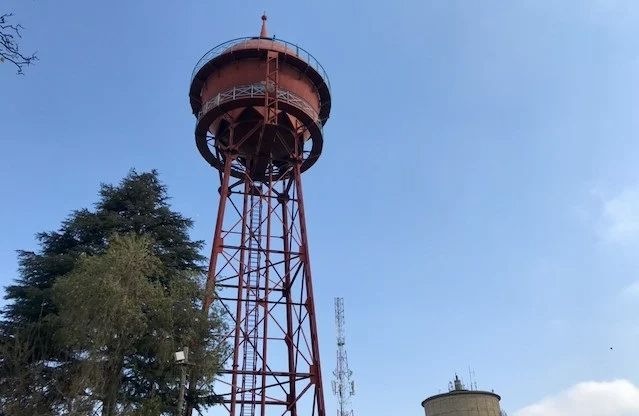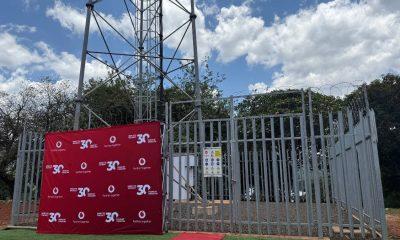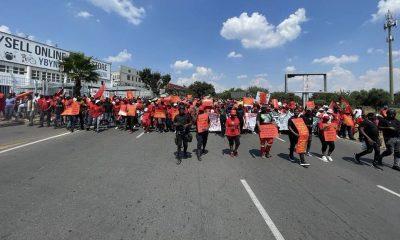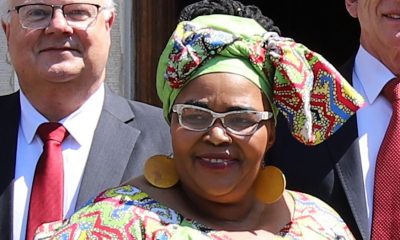411
Fixing Gauteng’s Water Crisis: Everyone Has a Role to Play

Gauteng is grappling with a severe water crisis. From ageing infrastructure like the Yeoville water tower in Johannesburg to unpaid bills and administrative delays, the problem is multifaceted. While it’s easy to play the blame game, solving the crisis requires a collective effort from government, municipalities, businesses, and residents.
The Financial Backlog
One of the biggest challenges is funding. Gauteng faces a water infrastructure backlog of R28 billion, yet Johannesburg’s total annual capital expenditure budget is only R8 billion. This is not just a municipal problem—state entities owe municipalities R18.6 billion nationwide, with Gauteng municipalities owed R3.5 billion.
If these debts were paid, municipalities would be better equipped to maintain and repair critical infrastructure. For example, Gauteng’s public schools alone owe R262 million in unpaid rates and taxes, creating further strain.
Leaks and Non-Revenue Water
Johannesburg loses 46% of its water through leaks or unbilled usage, often referred to as “non-revenue water.” Deputy Minister of Water and Sanitation, David Mahlobo, has called out municipalities for failing to maintain infrastructure, but the problem goes deeper.
Delayed township registrations and unprocessed title deeds mean many residents cannot be billed, contributing significantly to uncollected revenue. For instance, Vlakfontein residents have used water for years without receiving bills due to administrative delays dating back decades.
Non-payment by residents and businesses also exacerbates the crisis. Revenue drives by Johannesburg’s City Power have revealed that many businesses and suburban households fail to pay until forced, despite having the means. A similar trend is evident with water bills.
However, municipalities must also take responsibility for their billing systems, which are often riddled with errors. Clear communication and accurate billing could go a long way in encouraging payment compliance.
Infrastructure Challenges and Historical Context
The opposition often blames political parties for mismanagement, but the roots of the problem run deeper. Before 1994, infrastructure in townships like Alexandra was neglected while wealthier areas like Sandton enjoyed well-maintained water systems. Post-1994, municipalities faced the dual challenge of addressing historical inequities and replacing ageing infrastructure, often without sufficient funding.
Breaking the Cycle
The water crisis in Gauteng is a vicious cycle. Unpaid bills, leaks, and insufficient funding create a system that cannot sustain itself. Breaking this cycle requires a shift in mindset:
- State Entities: Must pay their outstanding rates and taxes.
- Municipalities: Need to prioritize infrastructure repairs, reduce leaks, and improve billing systems.
- National and Provincial Governments: Must streamline township registrations and ensure municipalities have the resources they need.
- Residents and Businesses: Should commit to paying their bills and conserving water.
Everyone Has a Role to Play
Blaming others will not solve Gauteng’s water problems. Each stakeholder has a role to play in finding solutions, whether it’s fixing leaks, paying debts, or conserving water. By working together, Gauteng can secure its water future and ensure sustainable access for all.
Follow Joburg ETC on Facebook, Twitter and Instagram
For more News in Johannesburg, visit joburgetc.com























